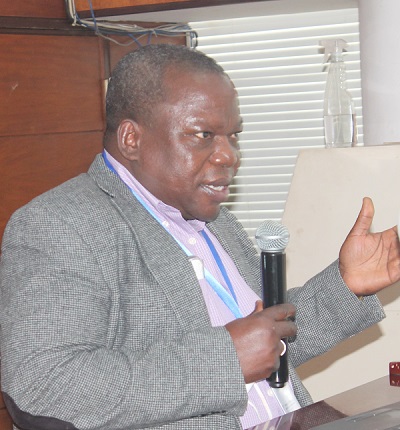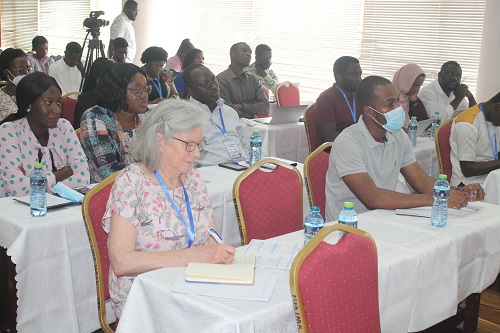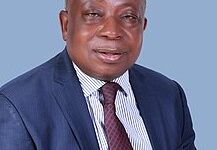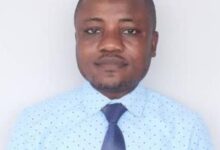
Scientist and their facilitators are meeting in Accra to brainstorm on simple communication tools needed to disseminate research findings to the level of non-scientists.
The two-day event would afford participants the opportunity to effectively deliberate on the issue of Community Engagement for Genomics and Biobanking in Africa,(CEBioGen) under its Human, Hereditary in Health(H3) AFRICA project.
The Genomics and the Biobank are researches undertaken to serve as pool for systematic evidence-based findings for effective community engagement from recruitment to feedback stages.
The meeting is also expected to showcase all achievements of the project including challenges during implementation and how they are surmounted and lessons for the future.
It is further expected to adopt to strategies to eradicate misconceptions on research findings towards strengthening partnerships in addressing complexities in community engagements.
The programme is a collaboration between five countries including Ghana, Nigeria, Kenya and South Africa and being implemented by Noguchi Memorial Institute for Medical Research, the University of Ghana School of Public Health and CEBioGen
Topics being discussed include, CEBioGen capacity strengthening, communicating Genomics information, Ghana Data Protection act, a deliberative approach to community engagement when beyond CEBioGenand Students presentations on the topics discussed.
The Provost, College of Health Sciences, Professor Julius Fobil, speaking at the opening said the time had come for the adoption of non-scientific words to effectively communicate research findings not only to the participants but the public as a whole.
According to him, people were not scientifically inclined, it therefore behooved the researcher or the scientist to find alternative words for example to explain issues on Genes and Chromosomes adding “it is very important that people get exactly what has been created anew.”
The Dean, School of Public Health (SPH), Prof.KwasiTorpey, said the biobank would serve as the central point where samples of research activities would be kept as reference points.
He said it was important that communities where such activities were undertaken give their consent to fully participate hence the need to create that congenial atmosphere before visiting.
Dr Paulina Tindana,a lecturer at the SPH, explaining the essence of the research said health related research findings were very difficult to communicate even though information sharing was a key component of data collection.
Working in a new environment, she explained,, calls for clear community engagement strategy in order to get the collaboration from those who would assess that scientific information.
Scientists brainstorm on simple communication tools
BY LAWRENCE VOMAFA-AKPALU








